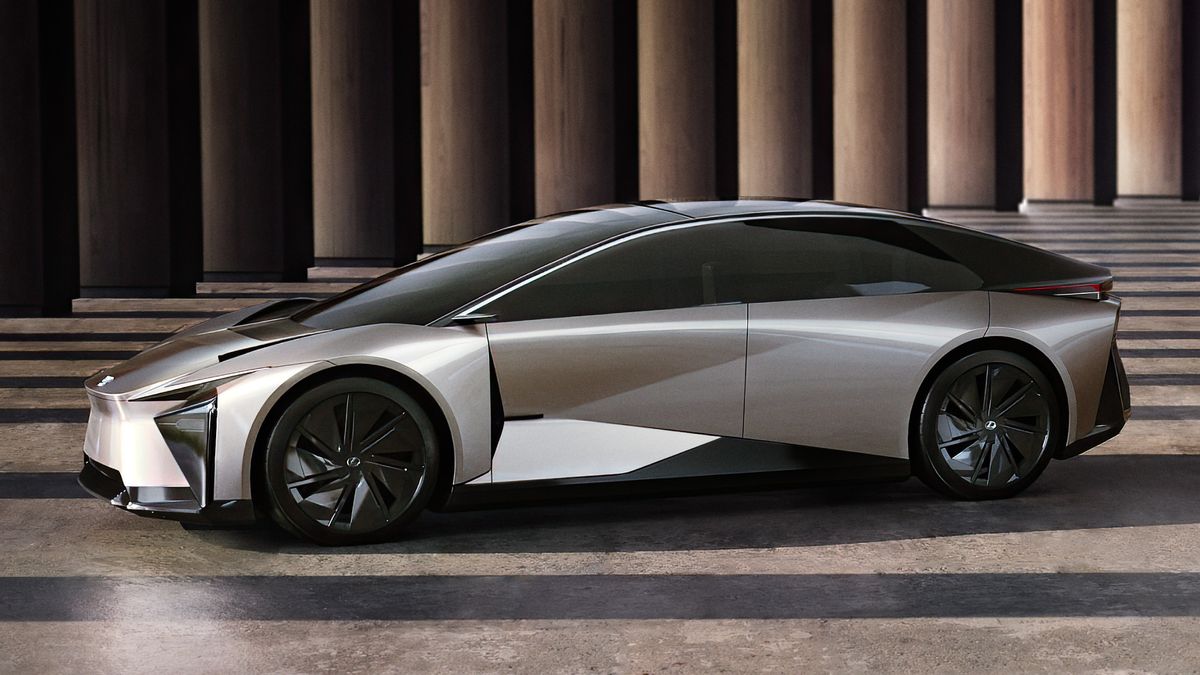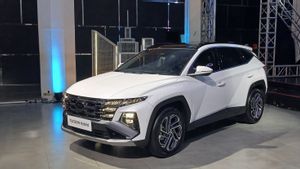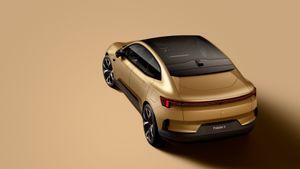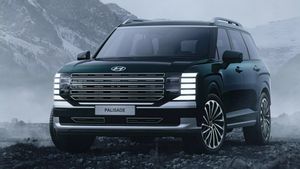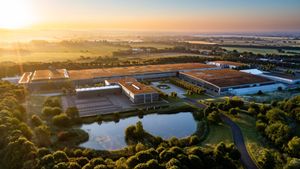JAKARTA - Lexus is one of the brands that will become fully EV brands in the future. However, the manufacturer encountered problems in introducing the next electric vehicle so that it was forced to postpone the plan.
Reported by NHK World Japan, Monday, December 9, the next generation EV Lexus will be postponed from 2026 to mid-2027.
This step must be taken because the parent company of Lexus, namely Toyota Motor Corporation (TMC) wants more development time to combine the latest manufacturing technology.
It was not explained whether Toyota or Lexus had postponed its launch just due to manufacturing problems or also due to slowing demand in the Battery Electric Vehicle (BEV) market globally in line with the increasing popularity of Hybrid Electric Vehicle (HEV) or Plug-In Hybrid (PHEV).
Thus, the public will have to wait for the next three years to see the latest EV product from Lexus including the successor to the long-standing discontinuous IS sedan.
Previously, the manufacturer with the 'L' logo exhibited the concept of its electric vehicle at the Japan Mobility Show 2023, namely the LF-ZC as a medium sedan and a large LF-ZL SUV that will take advantage of the latest modular platform from Toyota.
SEE ALSO:
The news of the postponement of Lexus' latest EV launch follows reports that Toyota has canceled plans for the construction of an electric SUV from this brand in the United States (US) by 2030. Instead, the car will be assembled in Japan.
The same report states Toyota will delay production of a new three-line flagship electric SUV in Kentucky, from 2025 to 2026. The vehicle could form the basis for the LF-ZL production version, a concept that shows a future of zero emissions from Lexus.
Lexus has committed to being a brand that sells EVs completely, starting with selling all electrification lines in his ranks starting in 2030 and only Battery Electric Vehicle (BEV) starting in 2035.
It is estimated that this premium manufacturer will utilize solid-state battery technology developed by its parent company in 2027 or 2028. The system is claimed to have a range of up to 1,000 km and is able to recharge it to full within 20 minutes.
The English, Chinese, Japanese, Arabic, and French versions are automatically generated by the AI. So there may still be inaccuracies in translating, please always see Indonesian as our main language. (system supported by DigitalSiber.id)
